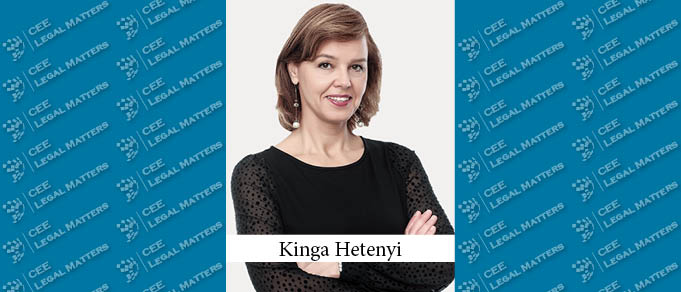Significant amendments to Hungary's foreign direct investment (FDI) control regime entered into force on 24 June 2025, introducing expanded pre-emption rights for the state and revised procedural timelines.
Expanded pre-emption rights
The most notable change is the extension of the Hungarian state's pre-emption right. Previously, this right was limited to transactions involving targets engaged in the production of electricity from renewable energy sources. Under the amended regime, the pre-emption right now applies to all business segments covered by the FDI Decree. If the Minister of National Economy prohibits a transaction, the state – through MNV Zrt (the state-owned holding company) or another designated entity – may exercise this right to acquire the target assets on the same terms as those agreed between the original parties. The pre-emption right may be exercised within 90 days of the Minister's prohibiting decision.
Extended assessment deadlines
The amendments also revise the assessment deadlines for FDI screening proceedings. The Minister of National Economy now has 45 business days, rather than the previous 30, to assess and decide on a filing. This period may be extended up to three times, each for an additional 30 business days, at the Minister's discretion if further fact-finding is deemed necessary.
Transitional and temporal scope
These amendments have taken immediate effect and apply to both new and pending approval procedures. The current regime is expected to remain in force until 31 December 2026.
Practical implications
Increased legal and commercial uncertainty for investors
Foreign investors face a double risk: not only can their transaction be prohibited, but the target may then be acquired by the state on their negotiated terms, potentially raising concerns over:
- misuse of confidential deal terms;
- loss of investment opportunities after committing due diligence and structuring costs.
By Kinga Hetenyi, Partner, Schoenherr
